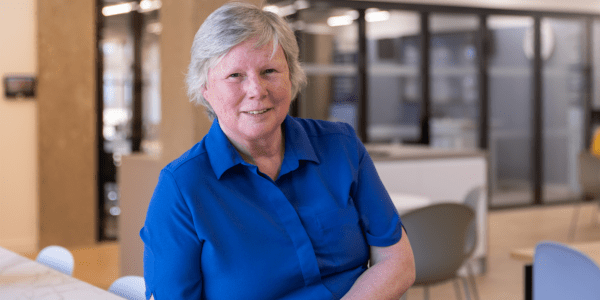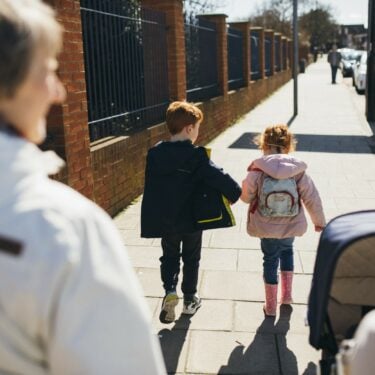A new report funded by the Foundation on what happens to assets when couples divorce in England and Wales has been published, and it has the potential to have significant policy impact.
The Fair Shares report is by led by Professor Emma Hitchings from the University of Bristol . The comprehensive study provides the first detailed examination of:
- The financial and property arrangements that couples make
- How assets such as the former matrimonial home, savings and pensions are divided
- How divorcing couples arrive at their settlement, including if they don’t use the legal system
Findings on divorcing couples show:
- Median total assets including home, pensions, and taking into account any debts, was £135,000
- Only around one third formalise their settlement through a court order – most people reach an agreement outside of the legal system
- Just 10% go to court
- More than 10% sought no advice to help them with their divorce
The research highlights that the total value of assets most couples have is modest. This presents a totally different picture to the media portrayal of substantial divorce settlements of the very wealthy and gives an important reality check on what ‘everyday’ couples are experiencing on divorce. Overall, the report exposes the considerable financial vulnerability of women post-divorce. Although legal processes are largely fair, these are not being used, especially by those with least means but most need.Professor Hitchings
Professor Hitchings added: “As our data evidences, more than a third of divorcees did not know the value of their own pension pot, let alone their spouse’s. Without all assets, particularly pensions, being considered on divorce, the future financial security of many women, who generally have smaller pension pots than men, is being put at risk.”
Report launch event
An event to launch the findings was chaired by Professor Nick Hopkins, Law Commissioner for property, family and trust law at the Law Commission of England and Wales.
The Law Commission is currently examining the 50-year-old laws on how assets are shared after a divorce, and Professor Hopkins commented on the importance of the research for the review: “It is I think the first time that a project has been named in our terms of reference as something that people specifically consider, such is the centrality of the research to the work that we have undertaken. So I want to also thank the Nuffield Foundation for the essential role they play in funding research of such significance to us as law reformers.”
Watch the launch event recording:
Additional comments
Jo Edwards, Chair of the Family Law Reform Group at Resolution and Partner at leading law firm Forsters responded to the report’s findings: “To practitioners I say, engage with this report, read it closely, and reflect upon and share your own experiences to help shape how things could work better for couples – I know the Law Commission are very keen to hear from us. To the Law Commission, good luck with the detailed piece of work upon which you’re embarking into which this research will feed, and for which we’re all grateful.
I’d also like to congratulate the team on a truly seismic piece of work which will properly move the conversation away from the highest-worth couples who make the sensationalist headlines, to the average couple who just want to sort this stuff out and move on with their lives. We are truly indebted to you for this report, and for filling the huge knowledge gap that until now existed in this space.”
This research lands at a critical moment, when the laws implemented half a century ago around divorce finances are under review. It highlights the persistence and prevalence of myths around divorce, and clearly demonstrates the often unequal financial footing of parties going into, and coming out of a divorce. Here, women appear more financially vulnerable, tending to be financially worse off than men in the years after the divorce.”Ash Patel, Programme Head for Justice
































